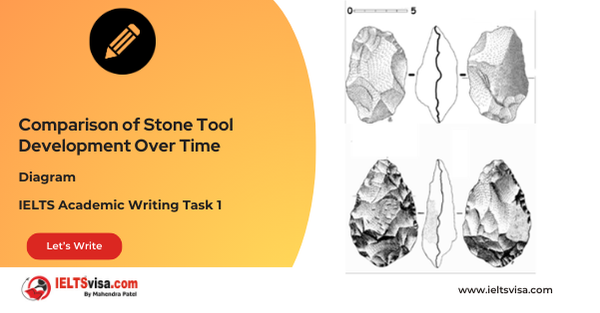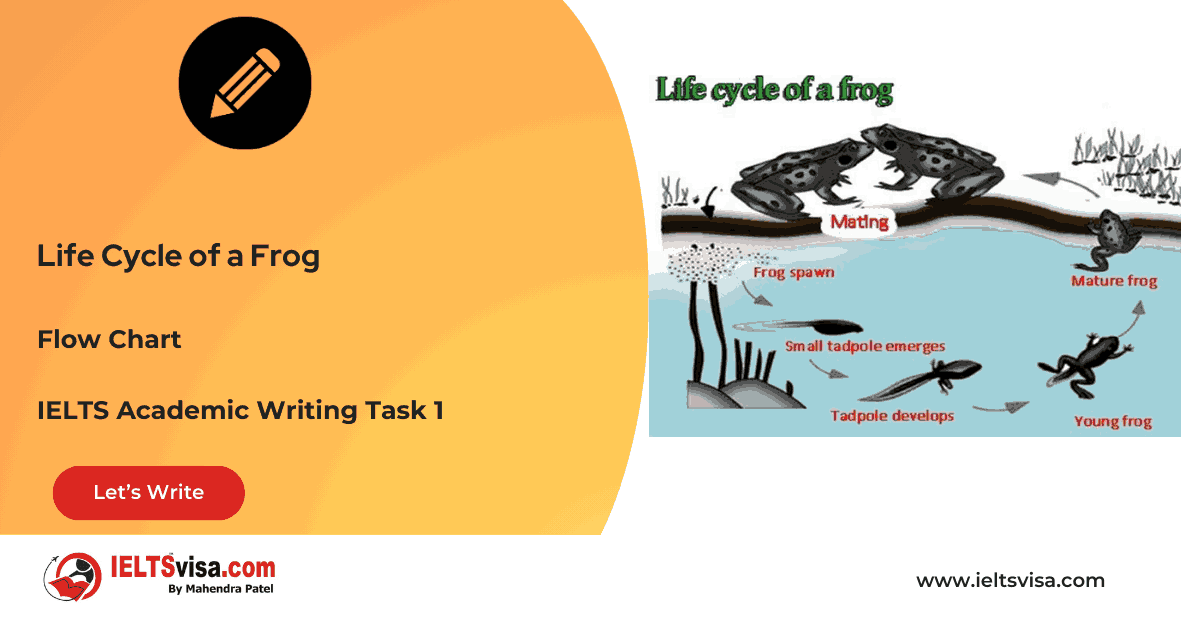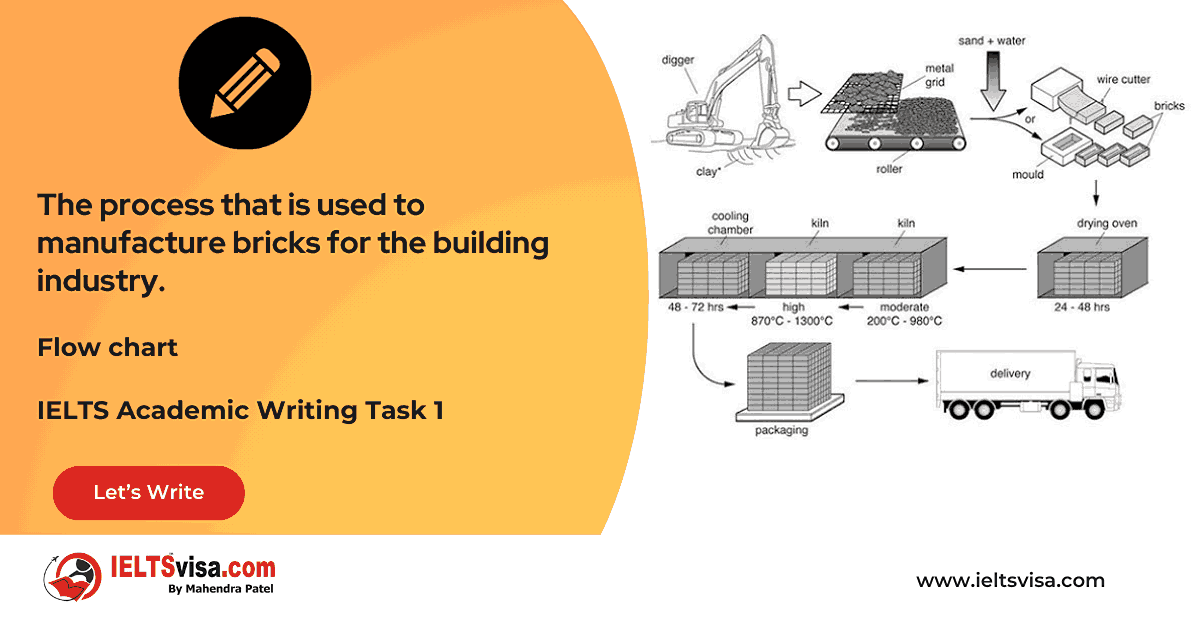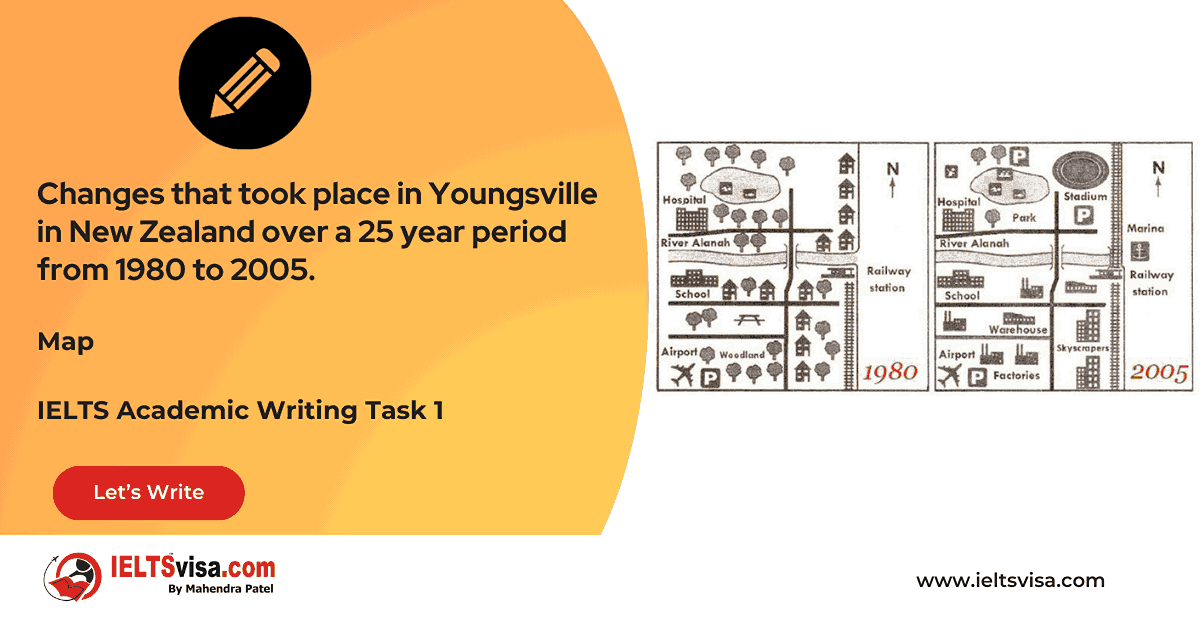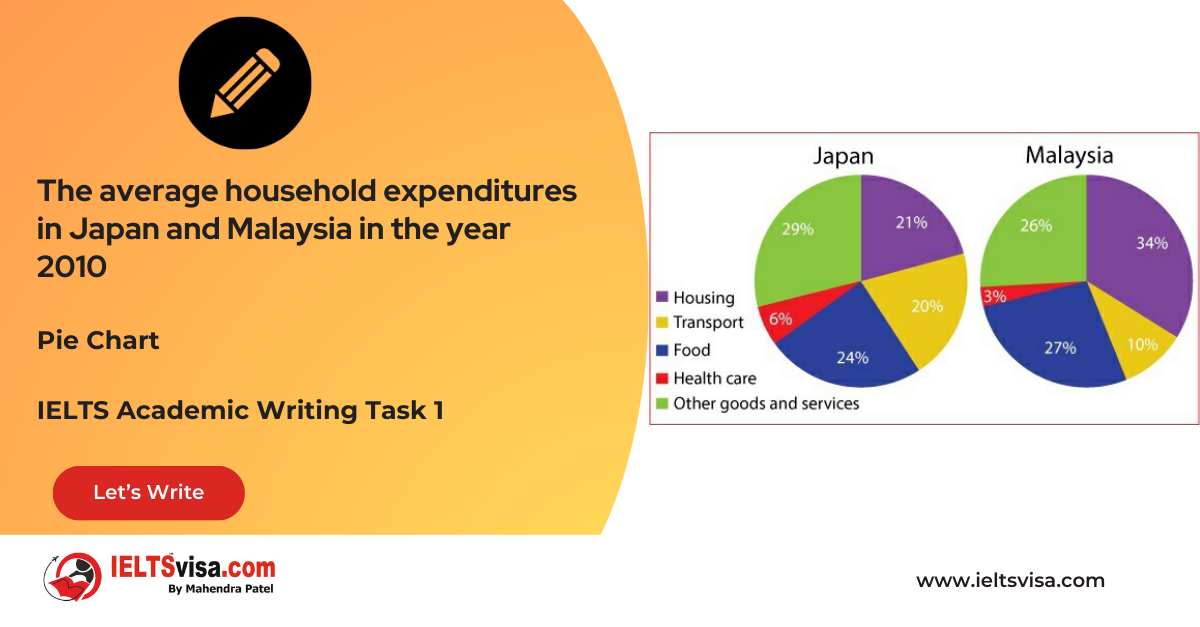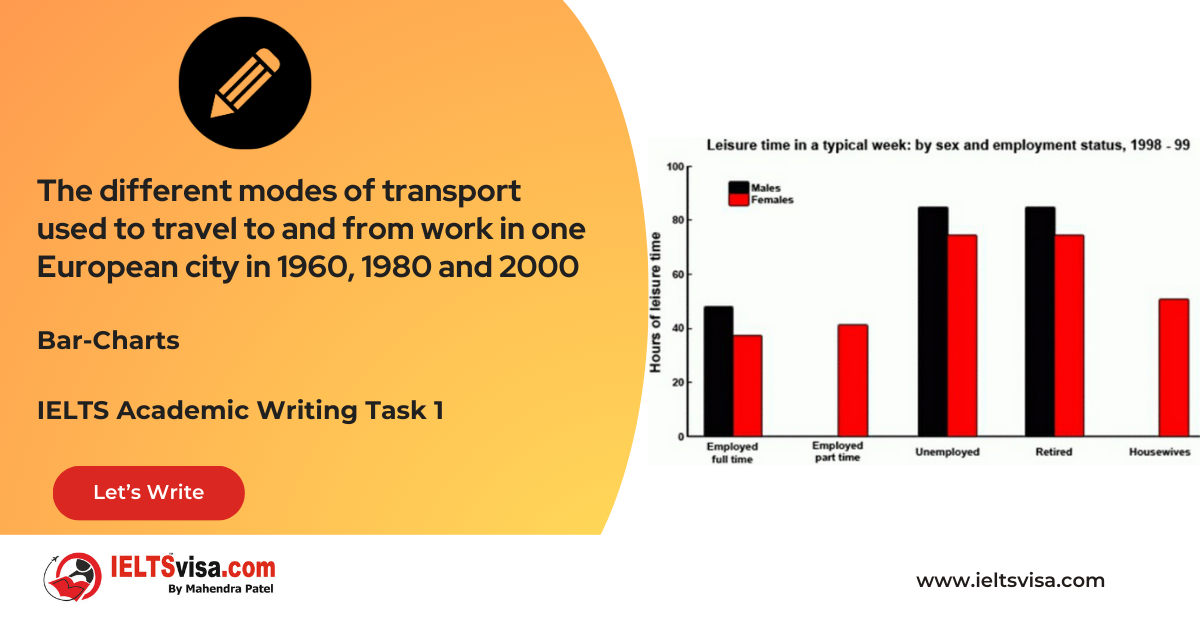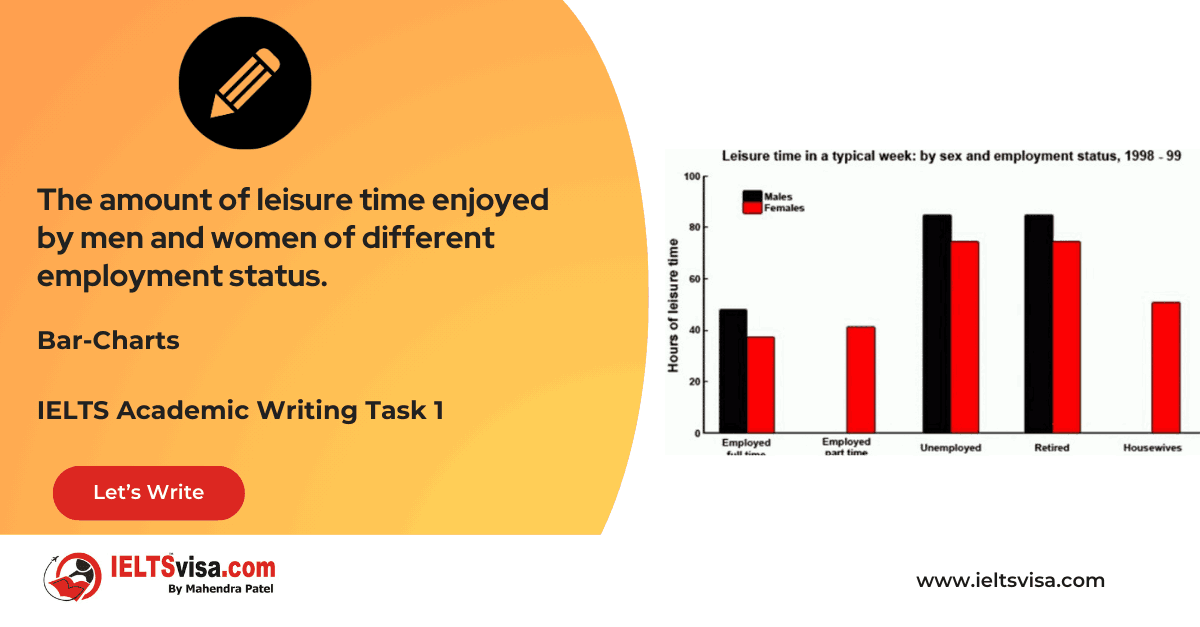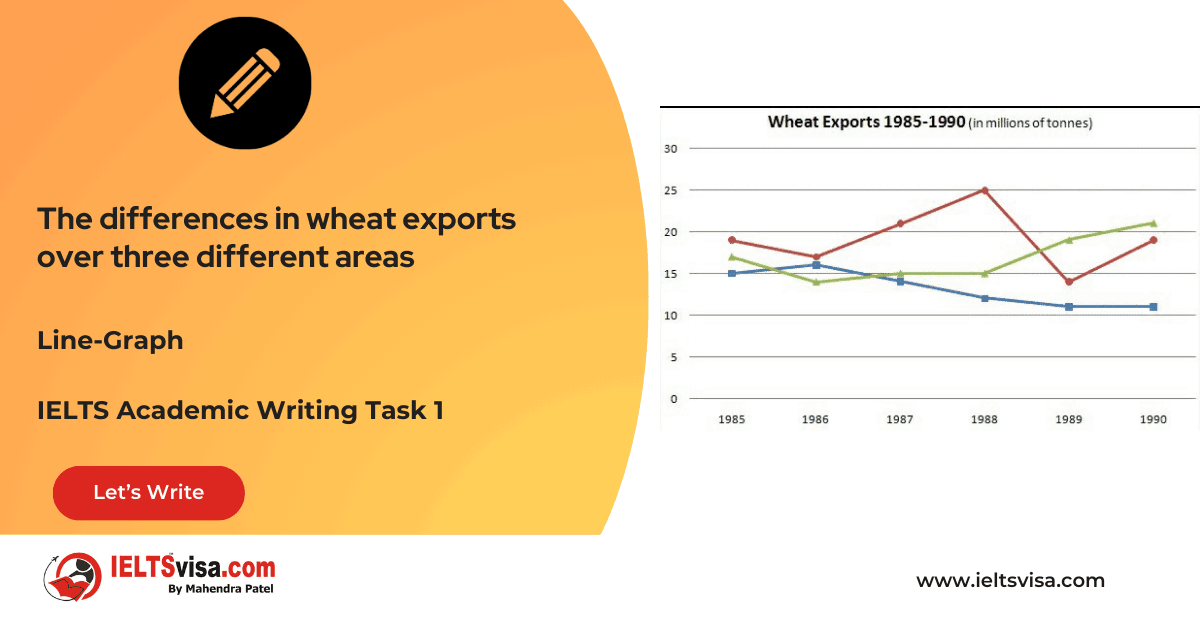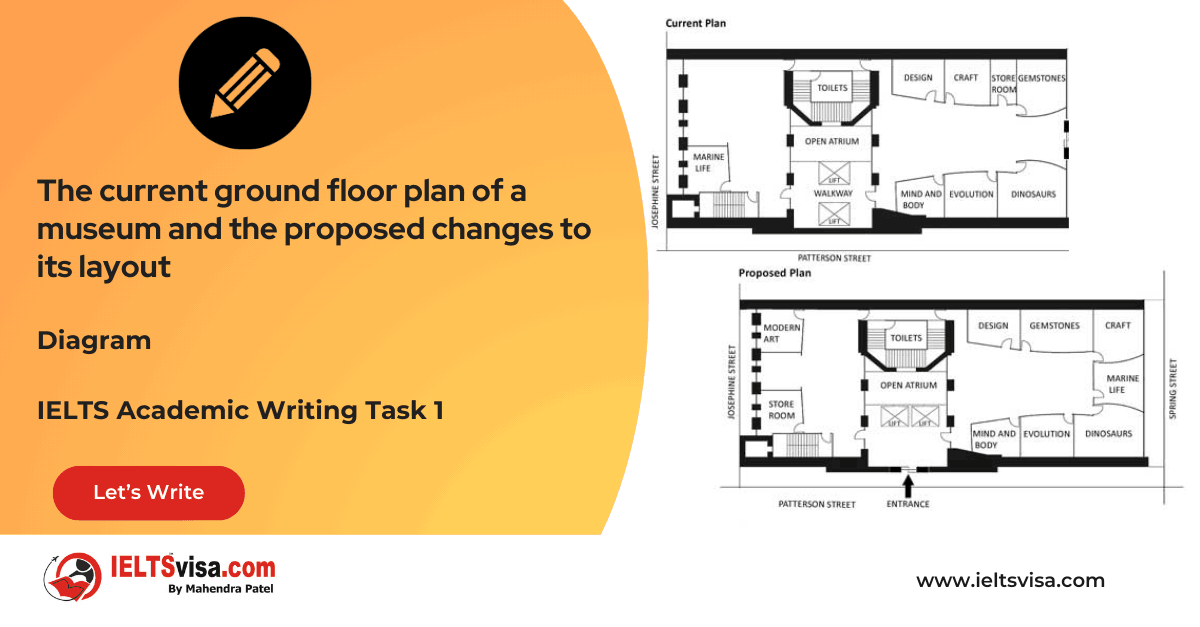Unnecessary Words
Lexical Resource & Grammatical Range and AccuracyIELTS Academic Writing Task 1

In the IELTS Academic Writing Task 1, demonstrating strong Lexical Resource and Grammatical Range and Accuracy is essential for achieving a high score.
One of the common errors to avoid is the use of unnecessary words, which can clutter your writing and diminish its clarity and effectiveness.
In this article, we will explore the importance of eliminating unnecessary words in Task 1, accompanied by examples and answers to help you identify and rectify this issue effectively.
1. Redundant Adjectives:
Using multiple adjectives to describe the same noun can lead to redundancy and make your writing wordy. Choosing the most appropriate and descriptive adjective to convey your message concisely is important.
Example:
Original Sentence:
The large, big truck passed by.
Revised Sentence:
The big truck passed by.
The adjective “large” is removed in the revised sentence because it is redundant when combined with “big.”
2. Unnecessary Prepositional Phrases:
Prepositional phrases provide additional information about nouns, but using too many can make your sentences verbose. Using prepositional phrases judiciously only when they contribute to the sentence’s meaning is important.
Example:
Original Sentence:
The book on the table in the library is interesting.
Revised Sentence:
The book on the table is interesting.
The prepositional phrase “in the library” is removed in the revised sentence because it does not add any relevant information to the sentence.
3. Repetitive Conjunctions:
Using excessive conjunctions can lead to redundancy and make your writing repetitive. It is important to choose the appropriate conjunction to connect ideas effectively.
Example:
Original Sentence:
He went to the store, bought some groceries, and drove home. Revised Sentence: He went to the store, bought some groceries, and drove home.
The repetitive use of the conjunction “and then” is eliminated in the revised sentence, resulting in a more concise and streamlined sentence.
4. Unnecessary Qualifiers:
Qualifiers such as “very,” “really,” and “extremely” can add emphasis to a sentence. However, using them excessively can make your writing verbose and weaken the impact of your statements. It is important to use qualifiers sparingly and only when necessary.
Example:
Original Sentence:
The food at the restaurant was really delicious.
Revised Sentence:
The food at the restaurant was delicious and tasty.
In the revised sentence, the qualifiers “very” and “really” are removed because they are unnecessary and do not add substantial meaning to the sentence.
5. Wordy Phrases:
Using wordy phrases can make your writing unnecessarily long and complex. Choosing concise and straightforward expressions to convey your ideas effectively is important.
Example:
Original Sentence:
The reason for his absence from the meeting was due to the fact that he was feeling unwell.
Revised Sentence:
He was absent from the meeting because he was feeling unwell.
In the revised sentence, the wordy phrase “the reason for his absence from the meeting was due to the fact that” is replaced with the more concise phrase “he was absent from the meeting because.”
Eliminating unnecessary words is crucial for achieving clarity, conciseness, and coherence in your writing. You can streamline your sentences and enhance your Lexical Resource Grammatical Range and Accuracy by being mindful of redundant adjectives, unnecessary prepositional phrases, repetitive conjunctions, excessive qualifiers, and wordy expressions.
Practice editing your writing to identify and eliminate unnecessary words, and seek feedback from others to further refine your skills.
With consistent effort and attention to detail, you will excel in your IELTS examination.








Our Books
Master IELTS Speaking Part 1
IELTS Writing Task 1 Book
IELTS Writing Task 2 Book
Practice IELTS Other Modules
IELTS Listening
The IELTS Listening test assesses how well you can understand spoken English in various contexts. It lasts about 30 minutes and is divided into four sections with a total of 40 questions. The listening tasks become increasingly difficult as the test progresses.
IELTS Academic Reading
The IELTS Academic Reading section assesses your ability to understand and interpret a variety of texts in academic settings. It is designed to evaluate a range of reading skills, including skimming for gist, reading for main ideas, reading for detail, understanding inferences, and recognizing a writer's opinions and arguments.
IELTS Speaking
The IELTS Speaking test assesses your ability to communicate in English on everyday topics. It lasts 11-14 minutes and consists of three parts: introduction, cue card, and a discussion based on the cue card topic.
IELTS General Reading
IELTS General Reading tests your ability to understand and interpret various types of texts. Here are some key areas and types of content you can expect to encounter in the reading section, along with tips for effective preparation.
IELTS Academic Writing Task 1
In IELTS Academic Writing Task 1, you are presented with a visual representation of information, such as graphs, charts, tables, or diagrams, and you are required to summarize, compare, or explain the data in your own words.
IELTS General Writing Task 1
In IELTS General Writing Task 1, you are required to write a letter based on a given situation. The letter can be formal, semi-formal, or informal, depending on the prompt. Here’s a breakdown of the key components to include in your letter
IELTS Academic Writing Task 2
In IELTS Academic Writing Task 2, you are required to write an essay in response to a question or topic. Here’s a guide to help you understand the essential elements of this task
IELTS Exam Tips
To succeed in the IELTS exam, practice regularly, familiarize yourself with the test format, improve your vocabulary, develop time management skills, and take mock tests to build confidence.
Grammer for IELTS
Grammar is the foundation of effective communication in English. Understanding tense usage, subject-verb agreement, and sentence structure enhances clarity and coherence in writing and speaking.
Vocabulary for IELTS
Vocabulary plays a crucial role in the IELTS (International English Language Testing System) exam, especially in the Speaking and Writing sections. Here’s an overview of why vocabulary is important and how it impacts your performance
RECENT IELTS SAMPLES QUESTIONS AND ANSWERS
Task 1 – Diagram – Comparison of Stone Tool Development Over Time
20:00 Start Pause Stop [df_adh_heading title_infix="IELTS Writing Task 1 Question" use_divider="on"...
Task 1 – Flow chart -Life Cycle of a Frog
20:00 Start Pause Stop [df_adh_heading title_infix="IELTS Writing Task 1 Question" use_divider="on"...
Task 1 – Flow chart -The process that is used to manufacture bricks for the building industry.
20:00 Start Pause Stop [df_adh_heading title_infix="IELTS Writing Task 1 Question" use_divider="on"...
Task 1 – Map – Changes that took place in Youngsville in New Zealand over a 25 year period from 1980 to 2005.
20:00 Start Pause Stop [df_adh_heading title_infix="IELTS Writing Task 1 Question" use_divider="on"...
Task 1 – Pie Chart – The average household expenditures in Japan and Malaysia in the year 2010
20:00 Start Pause Stop [df_adh_heading title_infix="IELTS Writing Task 1 Question" use_divider="on"...
Task 1 – Bar Graph – The different modes of transport used to travel to and from work in one European city in 1960, 1980 and 2000
20:00 Start Pause Stop [df_adh_heading title_infix="IELTS Writing Task 1 Question" use_divider="on"...
Task 1 – Bar Graph – The amount of leisure time enjoyed by men and women of different employment status
20:00 Start Pause Stop [df_adh_heading title_infix="IELTS Writing Task 1 Question" use_divider="on"...
Task 1 – Line Graph – The differences in wheat exports over three different areas
20:00 Start Pause Stop [df_adh_heading title_infix="IELTS Writing Task 1 Question" use_divider="on"...
Task 1 – Diagram – The current ground floor plan of a museum and the proposed changes to its layout
20:00 Start Pause Stop [df_adh_heading title_infix="IELTS Writing Task 1 Question" use_divider="on"...

